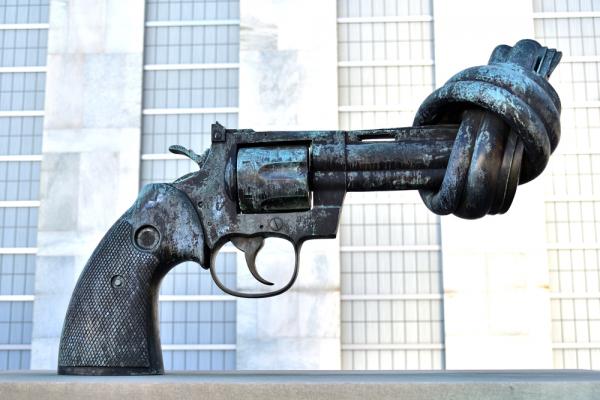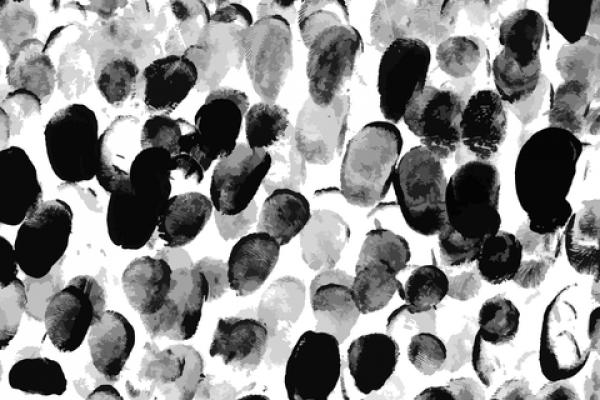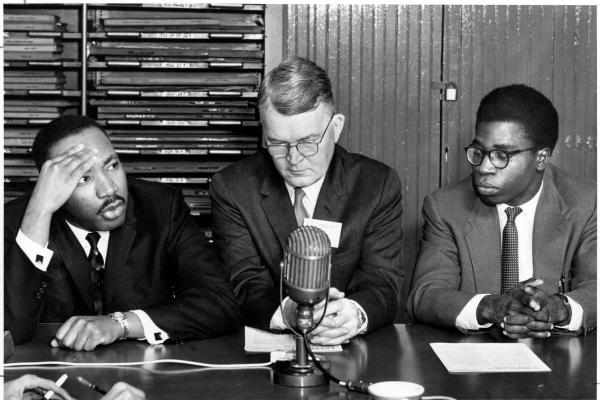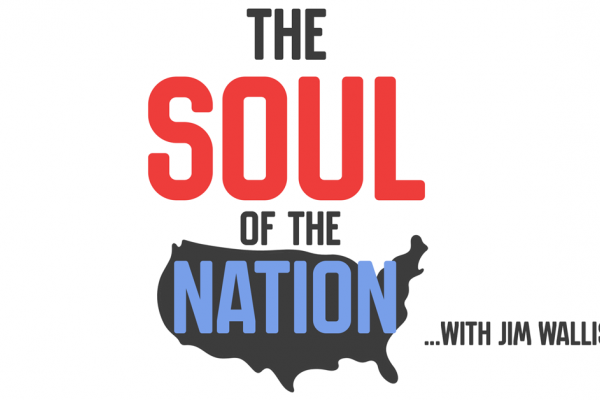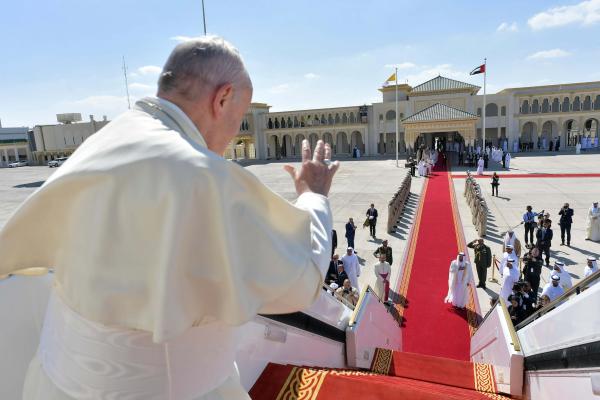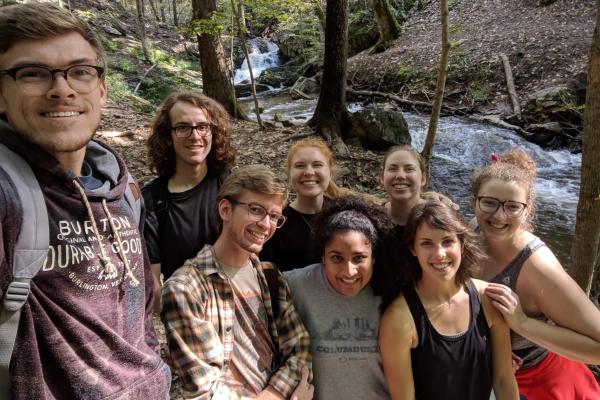The Catholic Right, state of the union, Sandra Cisneros, blackface, problems with “Religious Left,” and more!
Because the violence of the past was so bad, supposed lesser forms of violence seem less worthy of deconstruction. Toxic masculinity and gun violence are fruits of the same legacy. While it is much easier now to say that slavery and genocide were evils, we have failed to cut them off at their roots, the roots that reek of manipulated biblical texts, hyper masculine domination, and antiquated assumptions about gender. We cannot expect that simply acknowledging the events that resulted from toxic masculinity in the past will deconstruct the assumptions and values that created it to begin with.
White supremacy is woven and embedded into society as a system so intricately that it can be invisible, mistaken for normalcy because, in fact, that’s what it is. Instead of seeing white supremacy as blatant acts of intentional harm, I challenge us to consider how this country was built to center whiteness. It’s a virus and an energy. It is a virus because it is a sickness at the core of so much harm, and it’s an energy because in its natural state — this country is conditioned to operate in accordance with whiteness: white culture, white thriving, white favoritism, and white comfort.
On Dec. 30, 1959, over 3,000 Christian students gathered in Athens, Ohio, at the 18th Ecumenical Student Conference. Participating youth leaders and activists developed methods of engaging with social and political transformations at the turn of the 1960s. One of the key speakers was a 30-year-old Baptist preacher who emphasized a religious as well as civic prerogative for students, claiming: “whenever a crisis emerges in history, the church has a role to play.” While the specific crisis Martin Luther King Jr. referred to was the fight for civil rights in the segregated American South, he urged Christian students to challenge injustice undergirding all systemic discrimination, oppression, and racism at home and abroad.
It is time for spiritual preparation for the crisis that is already here — especially for immigrants and people of color. It is a time for prayer and fasting and spiritual vigilance. We must undergird ourselves and our congregations for active and courageous responses — not from the left or the right, but from those who first and foremost are followers of Jesus. Stay tuned.
President Trump began his State of the Union speech by recognizing two anniversaries: the 75th anniversary of D-Day, when the American-led invasion of Europe initiated the defeat of the Nazis, and the 50th anniversary of America putting a man on the moon, pointing to astronaut Buzz Aldrin as an invited guest in the gallery. But he left out the most significant 2019 remembrance: the 400th anniversary of the first African slaves sold into human bondage in Jamestown, Va., in August 1619.
He pointed out that this is not a new problem, confirming that the Catholic Church knew about the abuses against nuns even if the public did not.
While the zeal and strategy of the Religious Right has been well-documented since the movement’s inception in the late 20th century, journalists have lately turned their attention to its alleged left-leaning counterpart. Stories, bearing equal parts documentation and speculation, of an emerging “Religious Left” have decorated the pages of major outlets such as the The New York Times, Washington Post, The Guardian, and Reuters since 2016. But the framing of these stories distorts as much as it uncovers.
We are excited to announce that we received over 2,000 prayers from our readers and supporters to stop the government shutdown! However, there is still more work to be done.
In our home, we have entered a space where we can be our unrefined, imperfect selves. We don’t need to impress each other. We can simply be, and grow as beings. This involves conversations about hard topics and sharing our deepest hurts and struggles with each other, but luckily, it also involves a lot of laughter. I don’t want to brag (OK, maybe I do,) but we are a hilarious bunch. A quote board hangs on our wall, and we regularly add funny one liners (funny to us at least). Different things strike different people as funny, but laughter is truly contagious. Usually it just takes one of us to get the whole table laughing.
